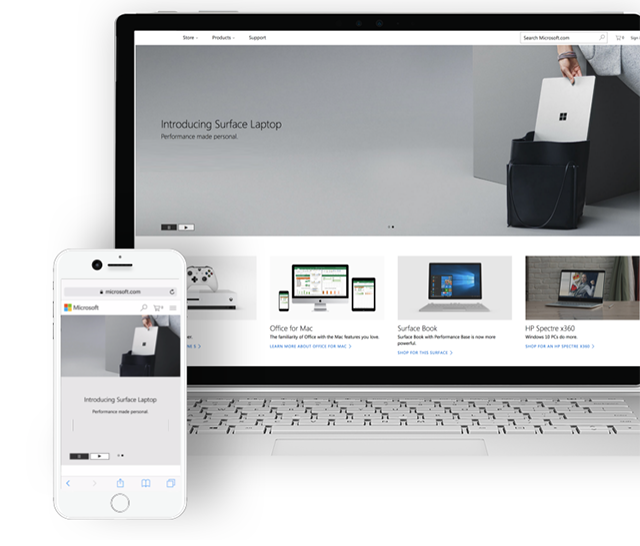
How to link an iPhone or Android phone to a Windows 10 PC
Windows 10 Mobile is now officially dead, and Microsoft has switched its attention to Android and iPhone, releasing a growing number of apps for those operating systems.
You can now also link your Android device or iPhone to any PC running Windows 10 Fall Creators Update, which will allow you to start a task on your phone, and then continue it on your PC. Here’s what you need to do.
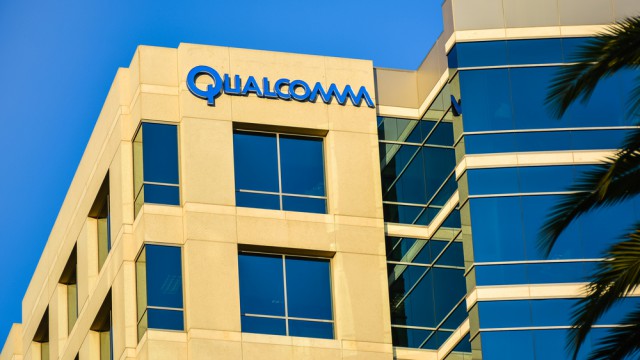
Qualcomm wants to ban iPhone sales in China
In an effort to continue to charge Apple for the use of its patents in mainland China, Qualcomm has filed lawsuits against the company with the end goal of stopping the production and sale of iPhones in China.
The suits were filed by the mobile chip manufacturer in an intellectual property court in Beijing. Qualcomm claims that Apple has violated its patents and the company is seeking injunctive relief over the misuse of its IP.
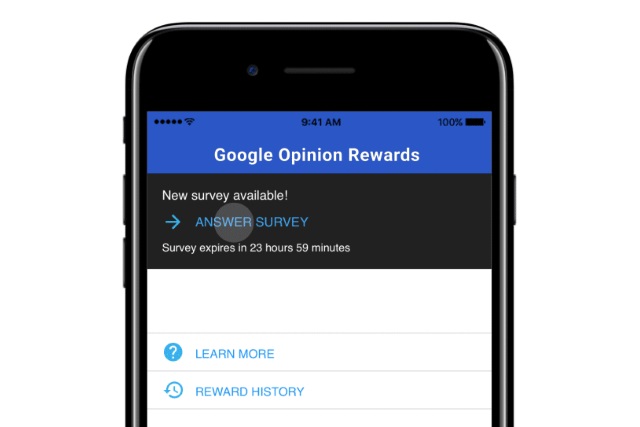
Google will now pay iOS users for their opinions
Everyone likes the idea of earning money, and most people like to voice their opinion. If you’re an iOS user, Google is now giving you the ability to combine the two. Perfect!
Google Opinion Rewards is now available for iOS, giving iPhone and iPad users the opportunity to earn money for sharing their opinions by completing simple surveys. The app has been in use by Android owners for a few years, but now it's the turn of Apple fans.
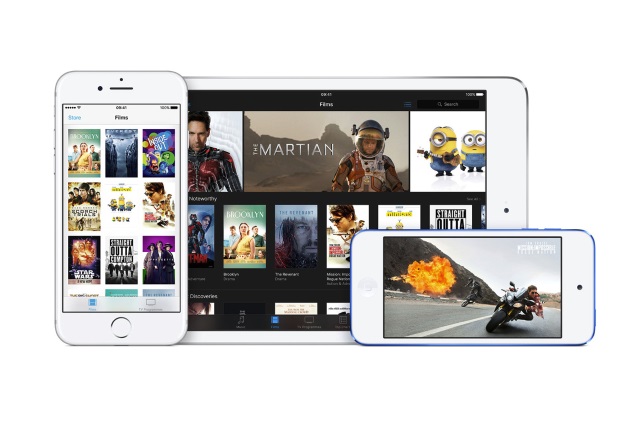
Apple releases 'new' version of iTunes that includes the App Store
Last month, Apple released iTunes 12.7 which -- to the surprise and disappointment of many -- stripped out the App Store. Now, seemingly realizing that some people still want, or need, access to the Store from the desktop, Apple has release iTunes 12.6.3.
The 'new' version of the software sees the return of the App Store, but Apple has made the release a quiet one. Although this is technically an older version than that which was previously released, there's still support for iPhone 8, iPhone 8 Plus, iPhone X and iOS 11.
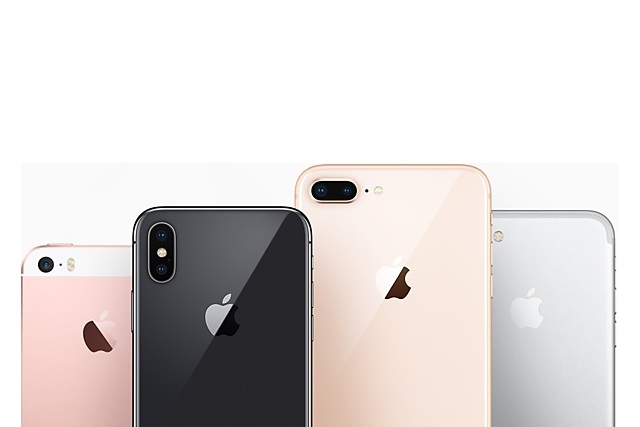
Debunked: Apple slows down older iPhones to encourage upgrades
With the launch of the iPhone 8, iPhone 8 Plus, iPhone X and iOS 11, a persistent rumor resurfaced. There has long been speculation that Apple deliberately slows down older iPhones in an attempt to encourage people to upgrade to the latest models.
Benchmarking firm Futuremark notes that around the launch of the new iPhones, there was a surge in Google searches for "iPhone slow" -- but are people's fears actually founded in anything? Futuremark is in exactly the right line of work to set the record straight, and its test results really speak for themselves.
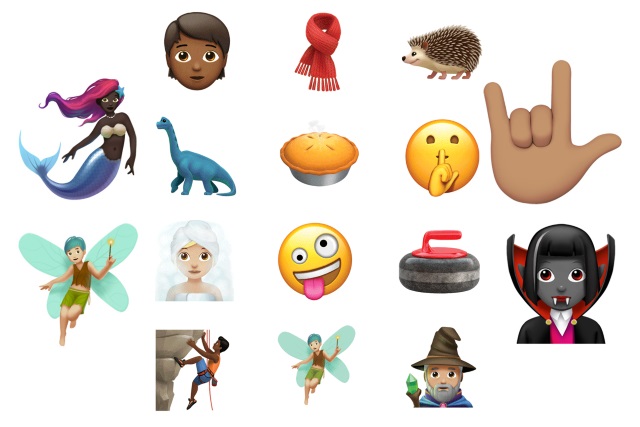
Apple unveils new emoji coming in iOS 11.1
Following a somewhat problematic initial release of iOS, Apple pushed out iOS 11.0.2 to fix a number of issues. But people are already looking forward to the next incremental, non-bug-fixing release. This is iOS 11.1, and Apple has revealed a little of what we can expect.
iPad and iPhone users are to be treated to a new batch of emoji -- hundreds of new ones in total -- encompassing "more emotive smiley faces, gender-neutral characters, clothing options, food types, animals, mythical creatures and more."
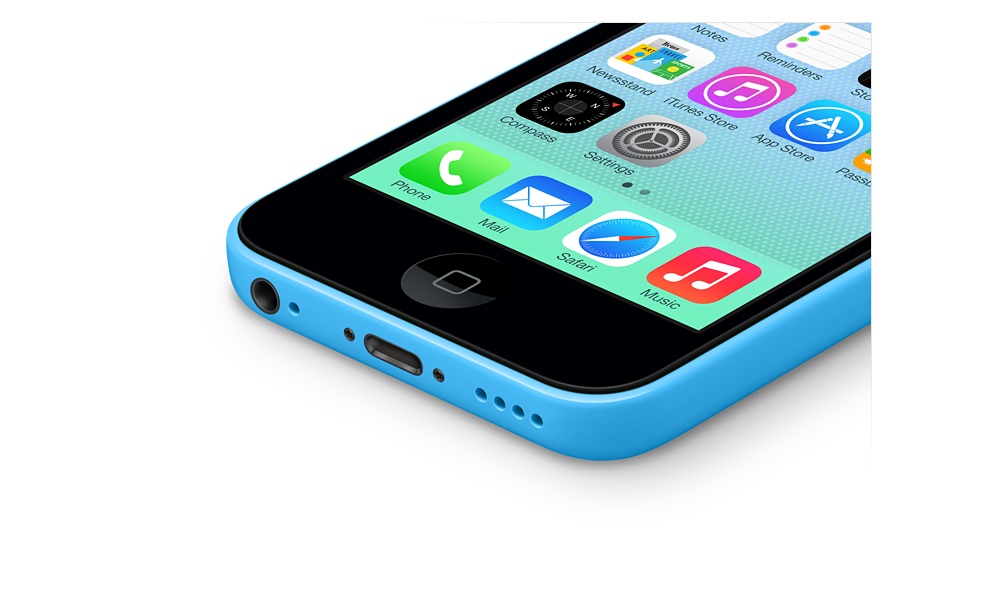
FBI won't have to reveal details of hacking tool used to crack San Bernardino iPhone
A judge has ruled that the FBI will not have to reveal any details about the hacking tool it bought to crack the iPhone at the center of the San Bernardino shooting case back in early 2016.
Following a Freedom of Information request by Vice News, USA Today and the Associated Press, federal judge Tanya Chutkan ruled in favor of the FBI, meaning that the agency will be able to keep this information secret.
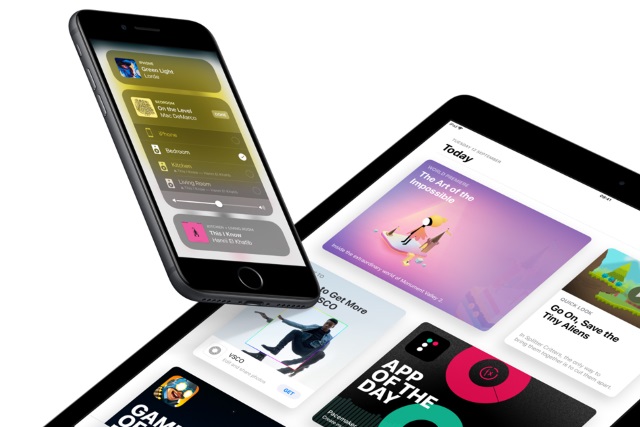
iOS 11 is causing massive battery drain problems
A study conducted by security research firm Wandera shows that iOS 11 is causing iPhone and iPad batteries to drain faster than ever -- much faster. The difference between iOS 10 and iOS 11 is anything but minor; batteries can drain in half the amount of time following the upgrade.
Wandera's report shows how, on average, an iPhone or iPad running iOS 10 takes 240 minutes of usage to drain the battery from 100 percent to zero. With iOS 11 installed, this number plummets to just 96 minutes -- over twice as fast.
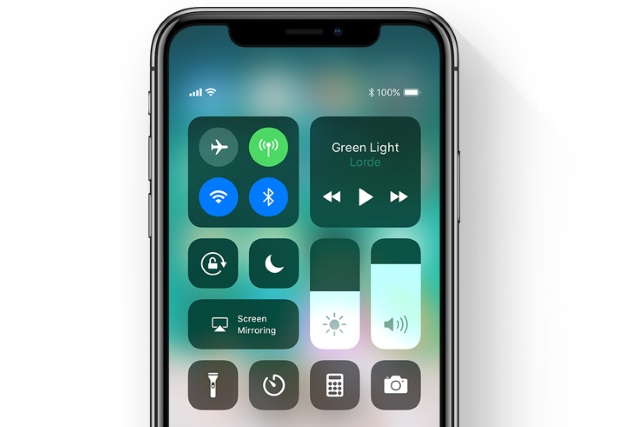
Warning: Toggles in the iOS 11 Control Center don't let you turn off Bluetooth or Wi-Fi
The aesthetics of the new Control Center in iOS 11 has been the source of amusement, debate and disgust in varying measures. But putting the look to one side for a moment, people upgrading to iOS 11 have been disappointed to discover that the toggles for Bluetooth and Wi-Fi in the Control Center don't actually turn off Bluetooth and Wi-Fi.
For reasons best known to Apple, the toggles disconnect from wireless networks and Bluetooth devices, but the two radios will remain enabled. While the change of functionality is covered in Apple's support documentation, it's not something that is obvious to users. It's hugely unintuitive, drains battery life and, according to security researchers, could leave iOS devices open to attack.
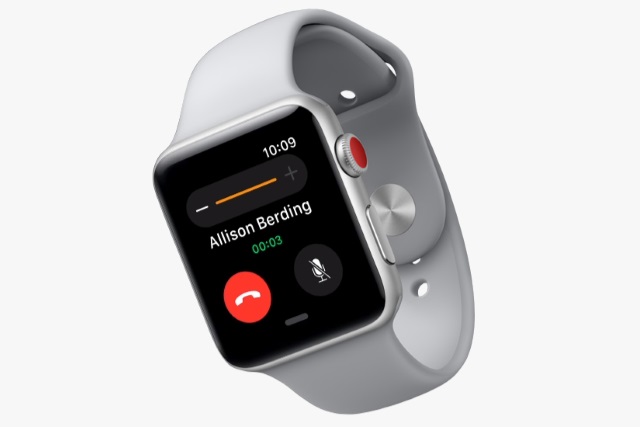
Apple Watch Series 3 is plagued by battery issues and LTE problems
When Apple unveiled the Apple Watch Series 3 just over a week ago, there was much excitement at the fact that the smartwatch now features LTE connectivity. It's finally possible to make a call from your Apple Watch without having your iPhone nearby -- although there's the slight dampener that the watch does not support roaming.
Now the first reviews of the Apple Watch Series 3 are starting to trickle in and, while they are generally positive, they highlight a couple of issues. Battery life seems to be rather less than was proclaimed at launch, and Apple has also identified LTE issues that prevent the watch from using cellular.
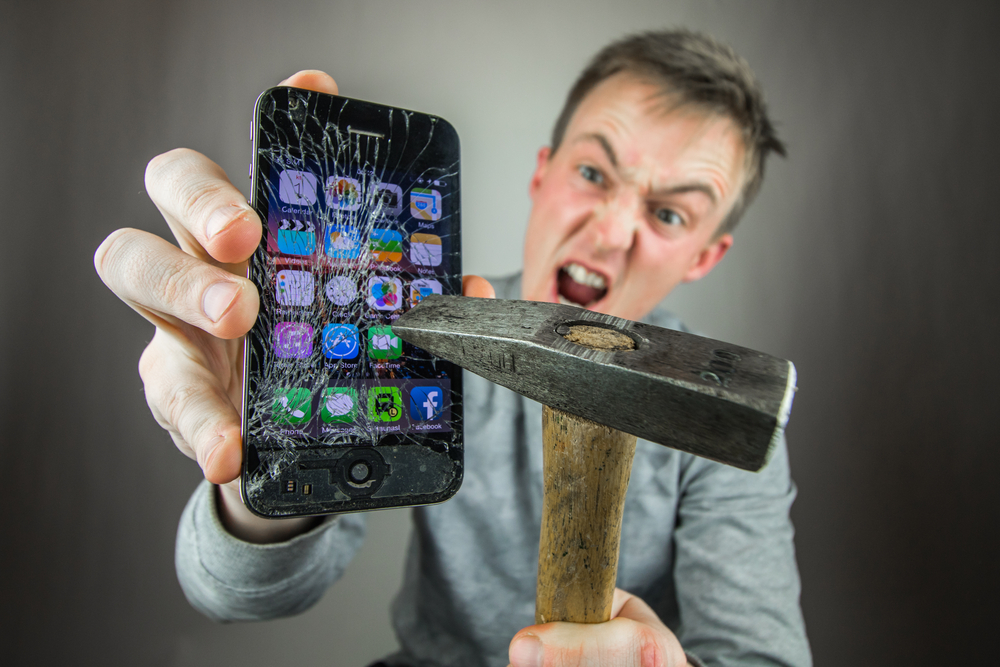
Some of your favorite apps will stop working in iOS 11 -- here's how to find out which
Today is a big day for iPhone and iPad users, as it’s when iOS 11 makes its official debut.
There’s a lot of cool new features in this OS update, including a design refresh, revamped Control Center, a Do Not Disturb driving mode, Siri improvements, and much more. However, iOS 11 is also when Apple stops supporting 32-bit apps. And that means some of your beloved apps and games may stop working once you perform the update.

Apple Watch Series 3 does not support roaming
When the Apple Watch Series 3 was revealed last week, there was much excitement about the fact that -- at long last -- it would be possible to make calls without the need to have an iPhone nearby. Built-in cellular connectivity is something Apple Watch users have been begging for, and the Series 3 model delivers LTE goodness.
But all is not quite as rosy as it might first seem. Yes, it's possible to use your new Apple Watch to make phone calls, but it's not going to be of any use to you if you go abroad. The smartwatch does not support roaming. On top of this, the device will only provide full functionality in the country of purchase -- so if you were thinking of buying a cheap Apple Watch abroad, you might want to think again.
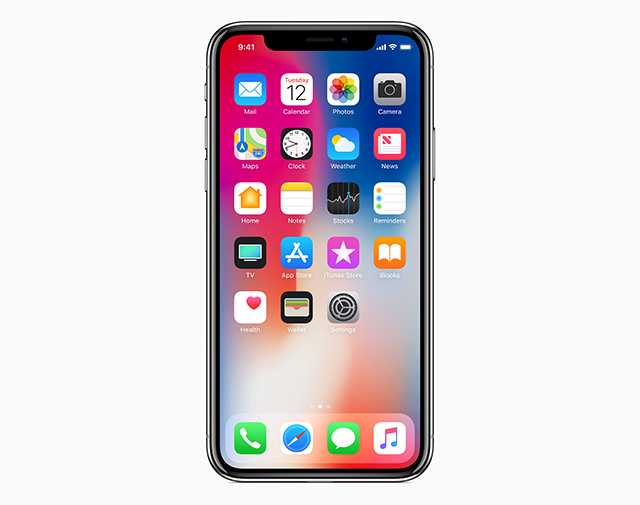
Apple iPhone X, iPhone 8, and iPhone 8 Plus coming to Xfinity Mobile
In the United States, there are four major cell carriers -- Verizon, T-Mobile, AT&T, and Sprint. They are not the only game in town, however, as there are regional carriers too. Not to mention, there are many MVNO offerings that piggyback off of the towers belonging to the aforementioned "big four."
One interesting new player in the MVNO space is Comcast with its affordable and unlimited "Xfinity Mobile" offering. Limited to subscribers of Xfinity home service, it uses a combination of Verizon's excellent LTE network plus Xfinity's 18 million hotspots to maximize coverage. Today, Comcast announces that the the budget-friendly service will soon be getting Apple iPhone X, iPhone 8, and iPhone 8 Plus.

Apple strips the App Store from iTunes 12.7
The focus of Apple's event yesterday was certainly the new iPhones, but this was far from being all that came out of Cupertino. Apple also released iTunes 12.7 and there's a glaring change -- the App Store is gone.
iTunes has long been derided for being bloated, and this latest change seems to be Apple's attempt to get things back under control. Ditching the App Store means that apps can only be downloaded using an iOS device, but as significant as this is, it is not the only notable change in the software.

Yes, you will pay $1,000+ for the new iPhone
Some tech pundits are living on a different planet, because why else would they question whether consumers will spend $1,000+ on the new iPhone X? Even Barclays got in on this, making the absurd claim that Apple needs to sweeten the deal to get people interested. Are you kidding me?
Unless you have been living under a rock for the past couple of years, a $1,000 iPhone is not out of this world. Apple sells the top-tier iPhone 7 Plus for $969, and I find it really, really hard to believe that the company will hesitate to cross the $1,000 mark with this completely new flagship.
